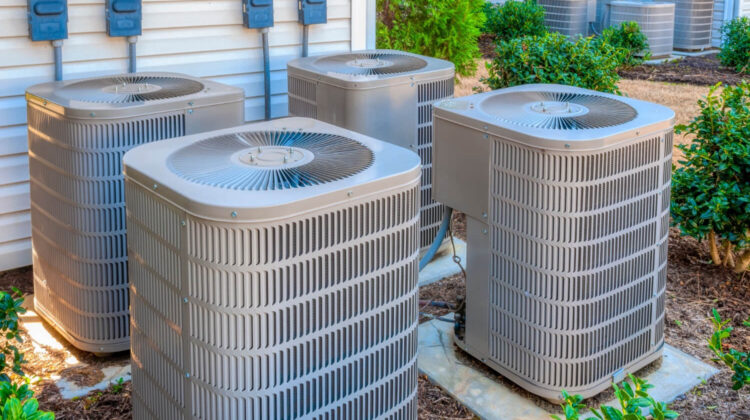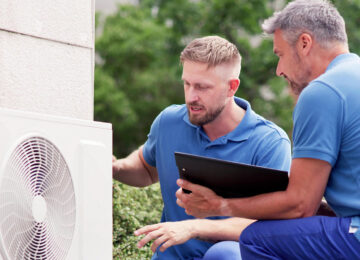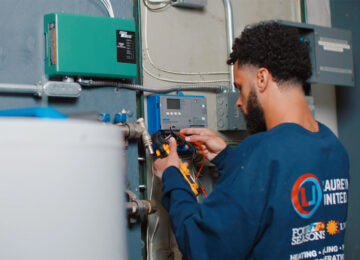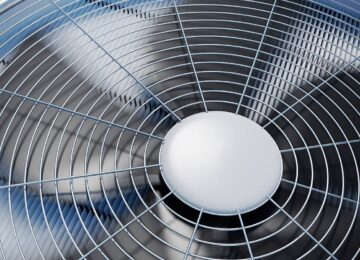The Department of Energy states that heating and cooling systems consume a significant amount of energy, and HVAC units are no exception. However, you can boost your HVAC unit’s efficiency in your West Ashley, South Carolina, home without compromising your comfort by taking a few inexpensive and straightforward measures. Continue reading to discover how you can enhance your HVAC unit’s efficiency.
1. Unblock indoor vents
To avoid a negative impact on your HVAC system’s performance, ensure that indoor vents are not obstructed by big pieces of furniture. Additionally, changing your filter regularly and cleaning both supply and return vents to remove dust can help vents maintain steady airflow. When covered in debris and dust, vents can cause your HVAC to work harder, leading to higher energy usage and utility bills.
2. Adjust your thermostat
One way to save money on energy and reduce the strain on your HVAC system is by adjusting your thermostat 5-6 degrees higher in the summer and lower in the winter. You may want to upgrade to a smart thermostat, which allows you to automatically adjust the temperature even when you’re not home.
3. Clean drain line
The drain line’s location is determined by your HVAC system, which is commonly found directly beneath the inside or outside unit of your system. It’s crucial to maintain it since blockages in the drain lines are a frequent reason for air conditioning issues. Regularly inspect and clean the line to increase the unit’s efficiency and minimize the risk of future issues. This is one of the HVAC upkeep activities that homeowners should and can handle whenever needed.
4. Proper insulation
To avoid losing conditioned air, ensure that any ductwork running through unconditioned areas like the attic is tightly sealed. While you can identify major leaks, it’s advisable to involve a professional during your next maintenance check for inspection. We’ll examine the thickness of insulation material required for your HVAC system’s optimum efficiency. To avoid losing conditioned air and putting extra strain on your HVAC unit, make sure your home has sufficient insulation. This will help trap heated and cooled air inside. You can improve insulation by adding it to walls and installing energy-efficient windows. Don’t forget to check pipes and outlets for potential air leaks, which are often overlooked sources of inefficiency.
5. Schedule Maintenance
To improve your HVAC’s efficiency and lifespan, it’s best to schedule regular preventative maintenance. While there are some ways to support your unit’s performance on your own, having a service technician inspect, clean, and maintain your unit regularly is the most effective. This way, the technician can catch small issues before they turn into expensive and larger problems.




